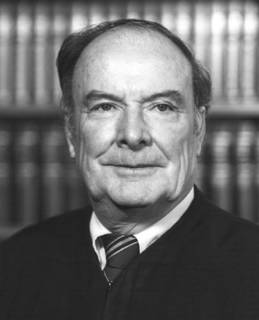Amoral lawyer, moral lawyer
Thank you to Professor Jack Balkin's blog for carrying Marty Lederman's review of last week's debate on torture with Professor Jeremy Waldron of Columbia and John Yoo of Boalt:
...on the moral questions raised by the Administration's legal manipulations of the words of the torture statute and the Geneva Conventions(,) Yoo explained that such moral considerations are for the policymakers, not the lawyers: "In [writing] the legal memos, what’s the function of a lawyer? I view the function of a lawyer in those cases as to interpret the Geneva Conventions or the torture statute and not to interject my own moral views into what the government should do. . . "
To which Waldron responded as follows:
"I think with regard to some law, you can do the strict separation between the letter of the law and the moral spirit that Professor Yoo has indicated. [W]ith regard to much human rights law, and much international law, and much constitutional law, sometimes you cannot do that; you cannot understand the human rights provisions without understanding—at least in some sense—the moral ideas that inform it, imbue it, give it its coherence, shape its concepts, give us our sense of its importance. I believe that’s true of human rights provisions prohibiting torture. I believe it’s true also of the scheme of protection laid down in the Geneva Conventions. You need to understand this not as a strange set of runes which we will look at as if we’ve never seen them before, and have no idea what they’re trying to do, but [will] try to figure out what the text requires. In some sense, that’s obtuse lawyering, as well as obtuse morally."
One man is an apparatchik stamping tickets to the Gulag; the other is an attorney.






0 Comments:
Post a Comment